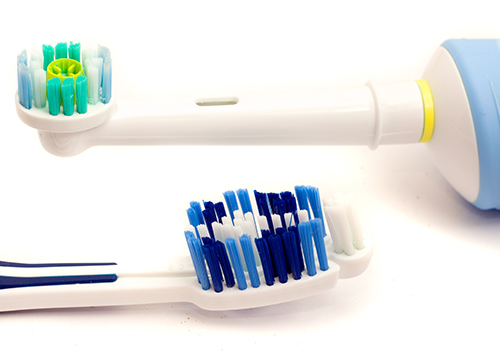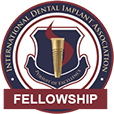Alleviating Anxiety before Your Implant Procedure
July 11th, 2017

Does the thought of getting a dental implant put knots in your stomach? There are many people who don't enjoy getting dental work done and there is a myriad of reasons why. For whatever reason you aren't at your best when you arrive at our Lebanon, NJ office, we'd like to offer some tips that can help put you at ease for your implant procedure.
Sedation
For lengthy visits like an implant procedure, sedation dentistry may be an option for you. With sedation dentistry you are given sedation medication, usually orally with a pill or intravenously, which allows you to drift through the entire procedure without any memory of it afterward. If you decide on oral sedation, typically you take the medication about an hour before your procedure starts.
To avoid any complications, a complete medical background check is made along with a record of any allergies before any sedation is administered. Your vital signs are also monitored throughout the entire procedure.
If you decide sedation is not the right option for you, there are other techniques that you can benefit from. Some of these include:
- Communication: This may seem obvious, but communicating any fears or anxiety you may have about your procedure with us is extremely helpful. Not only does this build a relationship of trust but it allows us to try and alleviate your anxiety as much as we can.
- Herbal teas: Drink some herbal tea (like chamomile or lemon balm) before you visit the office. Many patients find this is a great help in relieving anxiety and putting them sufficiently at ease.
- Relaxing music: Bring a pair of headphones along and listen to your favorite music during treatment (preferably something low-key). Or why not catch up on your reading when you visit us — some patients like to listen to audiobooks too!
- Meditate or practice deep breathing: Meditation and deep breathing are good to practice in general, since they relax both the body and mind. They can be effective in the case of anxiety, too!









